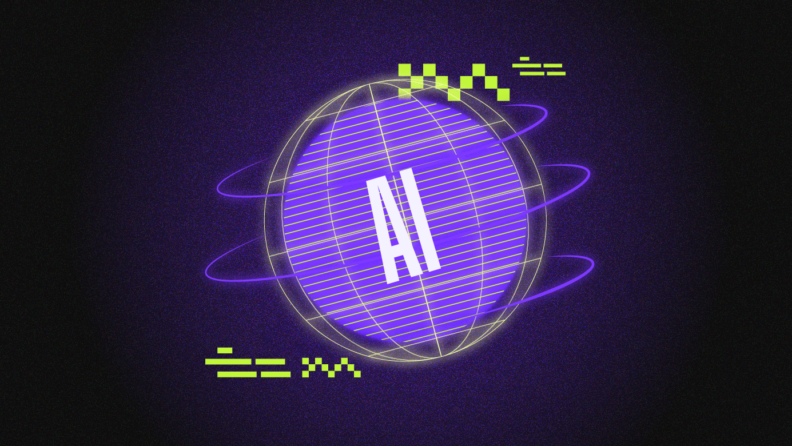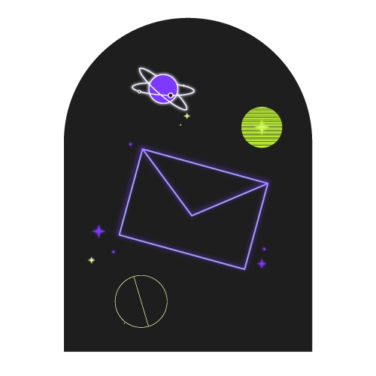I use artificial intelligence for tasks like writing blog posts; getting to the finish line is much faster with the help of generative AI. I can easily find information, check my data, and improve my English. While I appreciate the time saved, those tasks are not where I spend most of my time. I spend it collaborating and coordinating with the editor and other stakeholders, waiting for their contributions. They spend even more time waiting for me.
The majority of AI-powered platforms and tools are assistants and co-pilots that are meant to significantly boost individual efficiency. AI tools for team productivity are still rare.
For example, early adopters of tools like GitHub Copilot report a substantial speed increase in programming tasks. The application of AI in enhancing team productivity, however, is a different game. AI's role in team dynamics is not just about speeding up tasks but about fostering better collaboration and decision-making.
While AI may not always pinpoint the best use of your time, it's a powerhouse for accelerating workflows. AI tools excel in automating mundane tasks and optimizing information processing. But AI should complement – not replace – human judgment, especially regarding error reduction. AI co-pilots can reduce human errors, such as programming mistakes, yet they are not without their limitations.
Enhancing Team Productivity With AI
A high-performing team transcends the aggregation of individual skills. While it's impressive when an AI co-pilot boosts a developer's productivity significantly, the real measure of effectiveness lies in how the team functions collectively.
There is always a bottleneck somewhere. If a developer's enhanced productivity leads to a week-long wait for a peer's review, the advantage is negated. Therefore, the focus must not only be on individual efficiency but also on optimizing the entire team process. Streamlining workflows and ensuring seamless collaboration are pivotal for maximizing team productivity.
AI tools can analyze vast amounts of data to identify patterns and insights, leading to more informed decision-making and efficient task allocation. This frees team members to focus on more complex, value-added activities. AI’s ability to provide real-time feedback and analytics also helps teams quickly adjust strategies and processes for optimal performance.

AI fosters a more connected and collaborative team environment, where communication is enhanced, and resources are utilized more effectively. By integrating AI into team dynamics, organizations can transform their productivity.
The Key to Effective Team Collaboration
In fast-paced, agile development, people must stay alert to what may have changed or what others may or may not have accomplished. One of your colleagues found out yesterday that the design decision you agreed on two days ago is not viable - and you are still implementing it. The guy next to you is urgently fixing a customer problem - and that means he’s not going to deliver the piece of code you depend on by tomorrow. Another team member is stuck because he’s searching for a component that would implement a complex algorithm (that you happen to know), but you don’t know about his need.
Staying up to date and knowing what you need to know often implies a heavy communication overhead. In an ideal team scenario, every team member would always have up-to-date context information for their own work, yet they’d not need to worry about information overload.
Effective team collaboration relies on several factors, including:
- clear communication
- transparency
- defined roles and responsibilities
- shared goals
- effective problem-solving and decision-making
- flexibility and adaptability
These capabilities make team members prioritize collective goals over individual objectives. Furthermore, each team member should have a deep understanding of how their work contributes to or impacts the progress of other team members. And the team should value the diverse perspectives each member brings. This holistic approach to team productivity is essential for success.
AI's Role in Team Collaboration
AI enhances team collaboration by keeping all team members up to date or letting them know if they are not, allocating and prioritizing work, and keeping each team member informed about what they need to know for their current tasks.
Anyone working as a part of a larger software team knows that things change. Decisions about the design get made and adjusted frequently, priorities of tasks get changed, somebody is sick and therefore delayed, or a high-priority customer needs support that was not factored into the plans. While agile teams proudly welcome change, it’s hard to stay on top of everything. Most human beings manage information overload by ignoring or forgetting some of the information they receive. If that information is stored somewhere, AI can bring it to the working context of the developer exactly when it matters to them.
A scrum master in software teams typically handles many such information dissemination tasks, but AI can perform them tirelessly and in real time. Real-time planning facilitated by AI will likely accelerate workflow and reduce waiting time, information search, missing information, false assumptions, and rework. This quantifiable improvement is complemented by the morale boost resulting from smoother work processes and reduced frustration among team members.
Overcoming Obstacles in Team Productivity
While personal AI assistants help us do tasks faster, team productivity tools are more about eliminating obstacles that prevent us from starting or completing those tasks. The obstacle in any team process is time spent waiting for other people to get their job done, searching for information that helps get the job done, or reworking errors caused by missing a relevant piece of information. Anything a tool can do – with or without AI – to diminish these delays will benefit not only a single developer but the whole team.
Such tools may not exist yet, but they will. It is smart to prepare now by thinking about what data you have or need to collect to enable AI to help you. Then, figure out how you’ll collect the data and where you’ll keep it.
AI's Transformative Impact on Software Development
AI will profoundly impact software development, bringing about expected and unexpected changes. One significant difference is that AI will empower subject matter experts to create applications without coding.
Additionally, AI is expected to eliminate software developer jobs relying on low creativity or intelligence levels. The most skilled and productive individuals will benefit the most from AI. They can leverage AI effectively and reduce their dependence on less effective colleagues. It is worth mentioning that when referring to "less skilled" individuals, programming skills are not necessarily the determining factor.
For instance, if you possess deep business knowledge or thoroughly understand specific business operations, you are highly skilled and likely to reap significant benefits from AI.
Want More?
There are many noteworthy resources for the best artificial intelligence platforms, including insightful books, AI conferences, and entertaining podcasts to brush up on your knowledge.
No matter what skills you possess and how excellent your skills are, AI is likely to change profoundly the way you collaborate. For more on artificial intelligence platforms and tools, subscribe to our newsletter to gain AI insights from knowledgeable CTOs and tech leaders.




